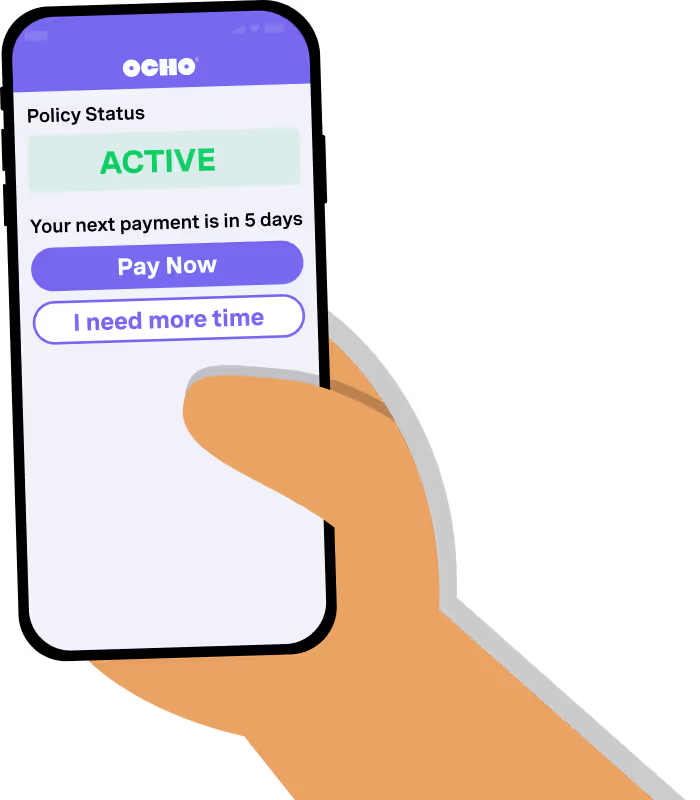
You've just reached the rental car counter after a long flight. You're tired, your kids are cranky, and you just want to get to your destination. Then comes the high-pressure sales pitch: "Would you like to add our insurance coverage for just $29.99 per day?"
In that moment of decision, with a line forming behind you, most people panic and say yes—adding $150-$300 to their week-long rental. The rental companies count on this confusion and pressure. They know that uncertain, rushed customers will pay for coverage they might already have through their existing auto insurance or credit cards.
Let's cut through the confusion and help you understand when you should—and shouldn't—pay for that extra rental car insurance.
Rental car agencies make a significant portion of their profits from selling insurance products—often with markup rates exceeding 100%. What they won't voluntarily tell you is that:
The rental counter staff often work on commission for these add-ons, creating a strong incentive to convince you that their coverage is essential, regardless of your existing protection.
Before deciding what to buy or decline, understand the four main types of rental car insurance:
What it covers: Physical damage to the rental car, theft, and "loss of use" charges while the car is being repaired
Typical cost: $15-$30 per day
Do you need it? Maybe not, if your personal auto insurance includes collision and comprehensive coverage or if your credit card offers rental coverage
What it covers: Damage or injury you cause to others with the rental car
Typical cost: $10-$20 per day
Do you need it? Probably not if your personal auto policy includes liability coverage (which is required in most states)
What it covers: Medical expenses for you and your passengers after an accident
Typical cost: $5-$10 per day
Do you need it? Rarely needed if you have health insurance and/or personal injury protection on your auto policy
What it covers: Your personal belongings if stolen from the rental car
Typical cost: $2-$5 per day
Do you need it? Rarely needed if you have homeowners or renters insurance, which typically covers your belongings everywhere
Most personal auto insurance policies extend coverage to rental cars at the same levels as your personal vehicle, but with important limitations:
What's typically covered:
What's typically NOT covered:
Always call your auto insurance provider before your trip to verify exactly what's covered.
Many credit cards include rental car coverage as a free benefit, but this protection has important limitations the rental companies won't explain:
Call your credit card company before renting to verify your specific benefits and limitations.
Rental car agents use several tactics to pressure you into buying coverage you may not need:
When you understand these tactics, you're less likely to cave under pressure at the counter.
Rental car insurance becomes more complicated when traveling internationally:
For international rentals, research the specific country's requirements before traveling and consider purchasing the local coverage for peace of mind.
Despite the general advice to skip rental counter insurance, there are legitimate situations when buying it makes sense:
If any of these apply to you, the rental company's insurance may be worth the cost for the specific protection and peace of mind.
If you determine you do need additional coverage, here are alternatives to the expensive rental counter options:
With a little planning, you can secure appropriate coverage without paying the rental counter premium.
At OCHO, we understand the confusion around rental car insurance. While traditional insurers often leave you guessing about what's covered, we take a different approach:
Follow this checklist before your next rental to avoid overpaying:
Taking these steps before you travel puts you in a much stronger position when facing that rental counter decision.
Rental car insurance doesn't have to be a confusing, high-pressure decision made at the end of a long travel day. With a little preparation, you can confidently decline unnecessary coverage or purchase only what you genuinely need—potentially saving hundreds on your next trip.
OCHO believes car insurance should be straightforward and transparent, whether you're driving your own vehicle or a rental. Our revolutionary approach ensures you understand your coverage options without the confusing jargon or high-pressure sales tactics the traditional insurance industry relies on.
No one looks after you like OCHO does.
Ready to experience the OCHO difference? Get a quote today and discover how our approach makes quality insurance accessible for your own car—benefits that extend to your rental vehicles too.
Does my deductible apply when using my personal insurance for a rental car?
Yes. If you rely on your personal auto policy and have an accident in a rental car, you'll be responsible for your regular policy deductible.
What happens if I damage a rental car and don't have insurance?
Without any coverage, you're personally responsible for all damages. The rental company will charge your credit card for repairs, loss of use, administrative fees, and diminished value—potentially thousands of dollars.
Can I purchase rental car insurance after I've already picked up the vehicle?
Generally no. Most rental companies require insurance decisions to be made at the time of pick-up and included in the original rental agreement.
Does rental car insurance cover all drivers or just the person who rented the car?
Typically only drivers listed on the rental agreement are covered. Adding additional drivers usually comes with an extra daily fee.
Will using my personal insurance for a rental car claim increase my premiums?
Potentially yes. Claims involving rental cars affect your personal insurance just like claims with your own vehicle, potentially leading to rate increases at renewal.
Compare & get covered fast
Find and compare auto insurance in minutes, and get your free credit score.
Choose when you pay
Select payment dates that line up with your payday.
Manage everything in one place
Track your policy, manage payments, and request a payment extension right from your dashboard.
